
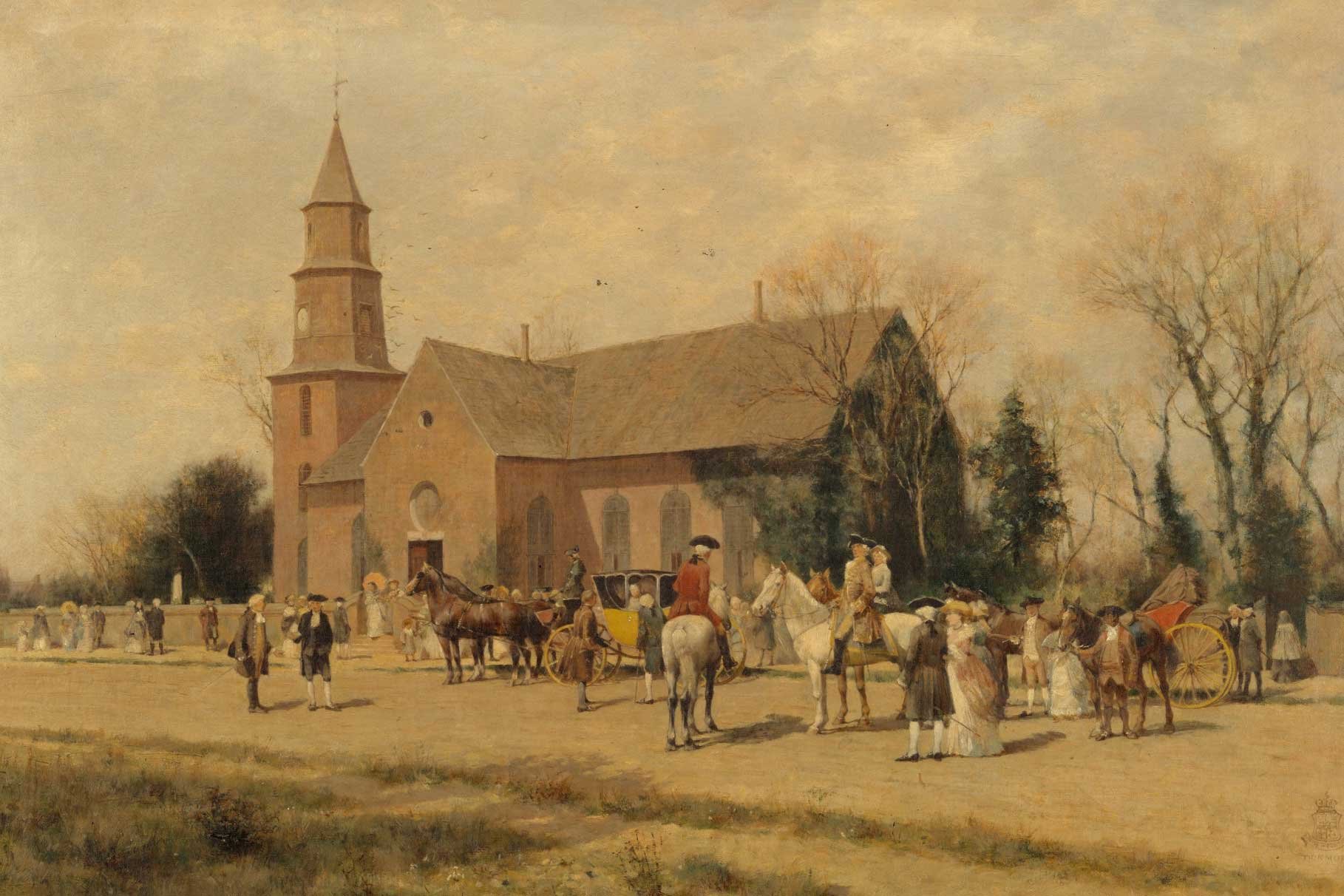
Thomas Jefferson’s “Summary View”
Thomas Jefferson’s revolutionary journey began in the 1760s and culminated in his masterfully written Declaration of Independence in 1776. But in between these events, Jefferson crafted one of the most impactful statements ever for American independence. Entitled A Summary View of the Rights of British America, it was perhaps the most logical assessment of the true relationship between Great Britain and her American colonies. The concepts Jefferson laid out had been refined and brought into focus following several dustups with Lord Dunmore, the new Royal Governor.
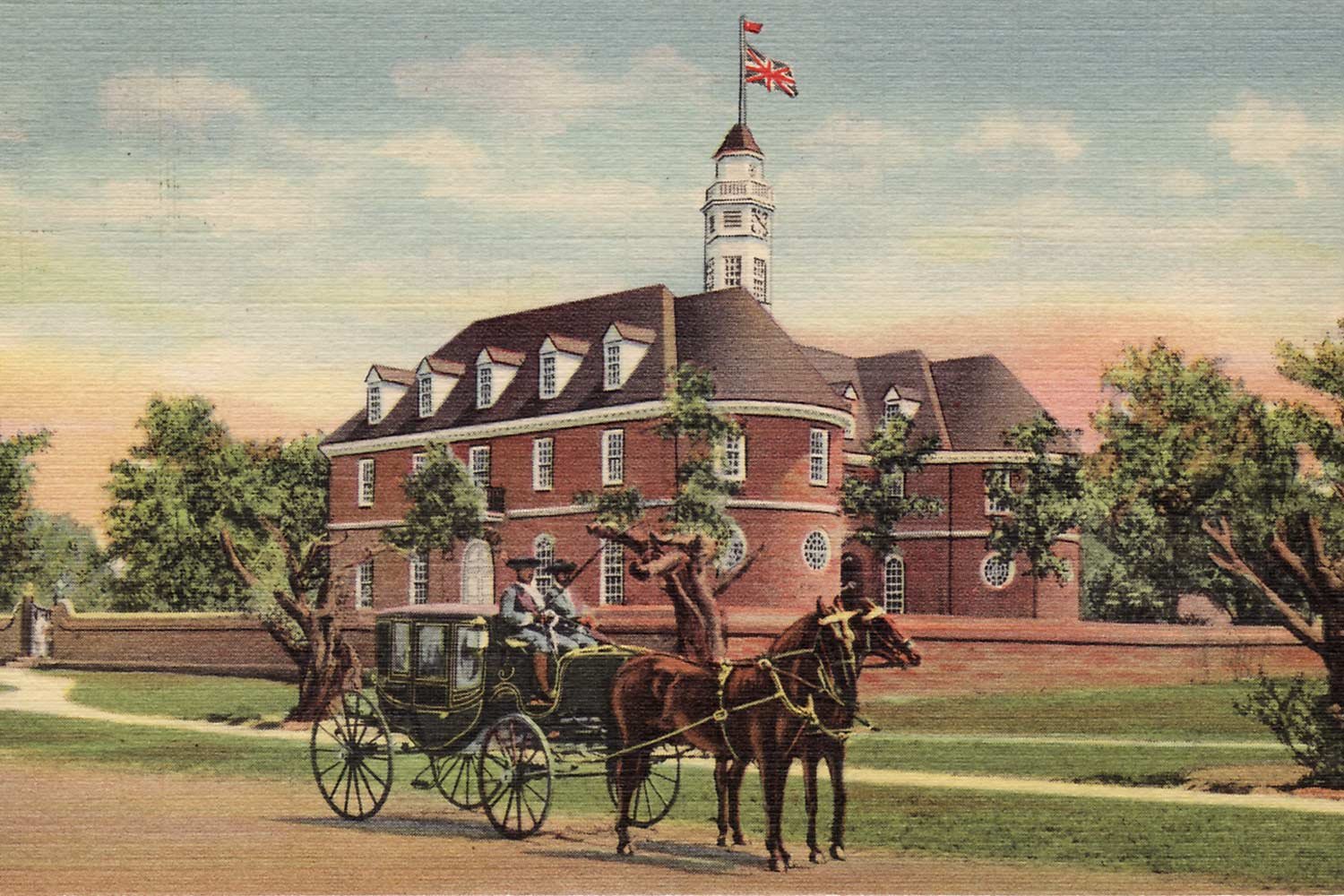
Thomas Jefferson, the Virginia Barrister
In 1765, Parliament passed the Stamp Act, the first internal tax on the American colonies, and thus began a decade of missteps by the British. Their miscalculations would take their country and their colonists on a direct path to Lexington Green and Concord Bridge on April 19, 1775. During this same year, Thomas Jefferson was concluding his time studying law under George Wythe and began to turn his eye towards the world at large and, more specifically, politics in the Colony of Virginia.
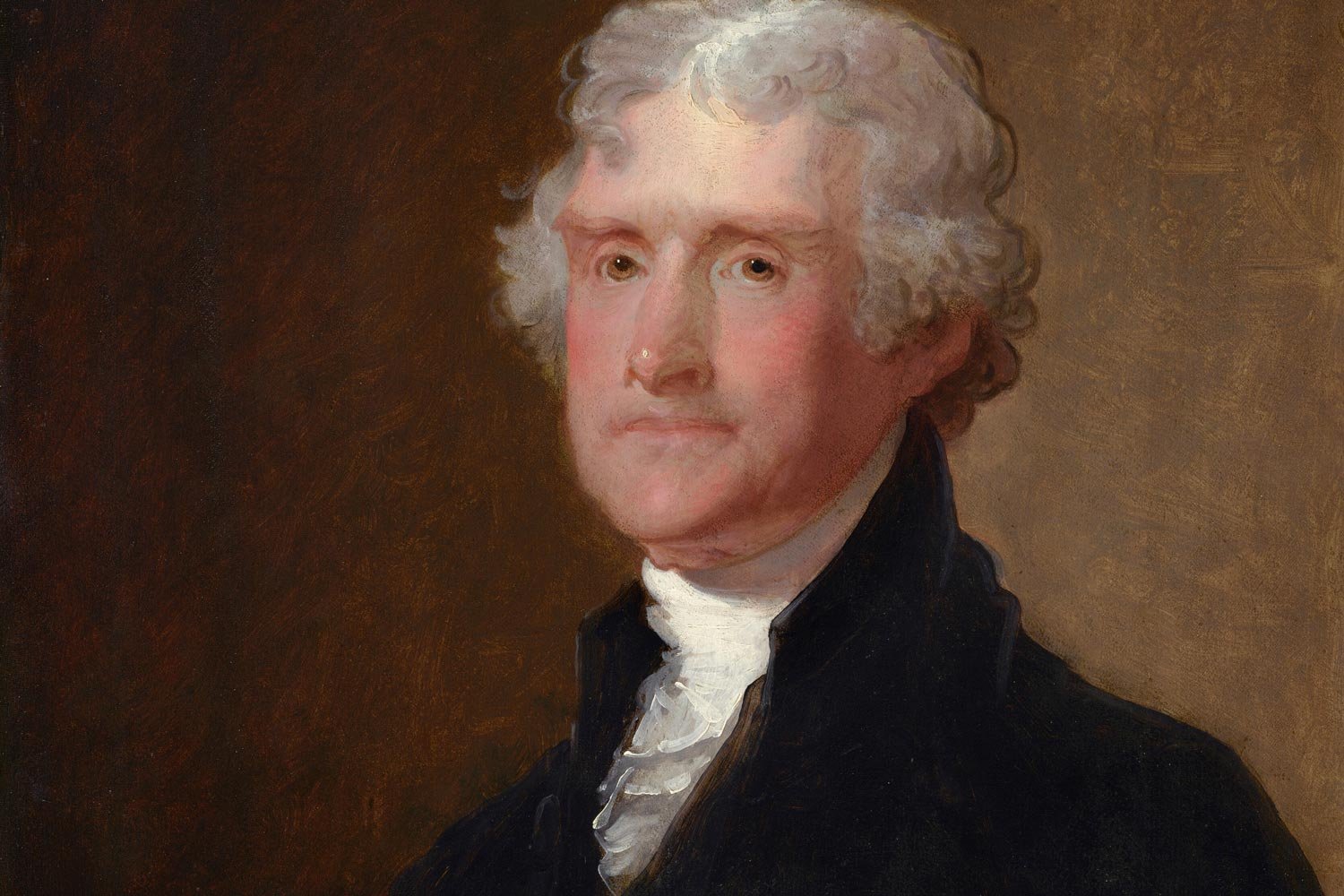
The Early Life of Thomas Jefferson
Thomas Jefferson is one of America’s most iconic Founding Fathers. Best known for his inspirational words in the Declaration of Independence, Jefferson was a brilliant man with diverse interests who spent the bulk of his life in service to his country and his later years in retirement at his beloved mountain home of Monticello, near Charlottesville, Virginia.
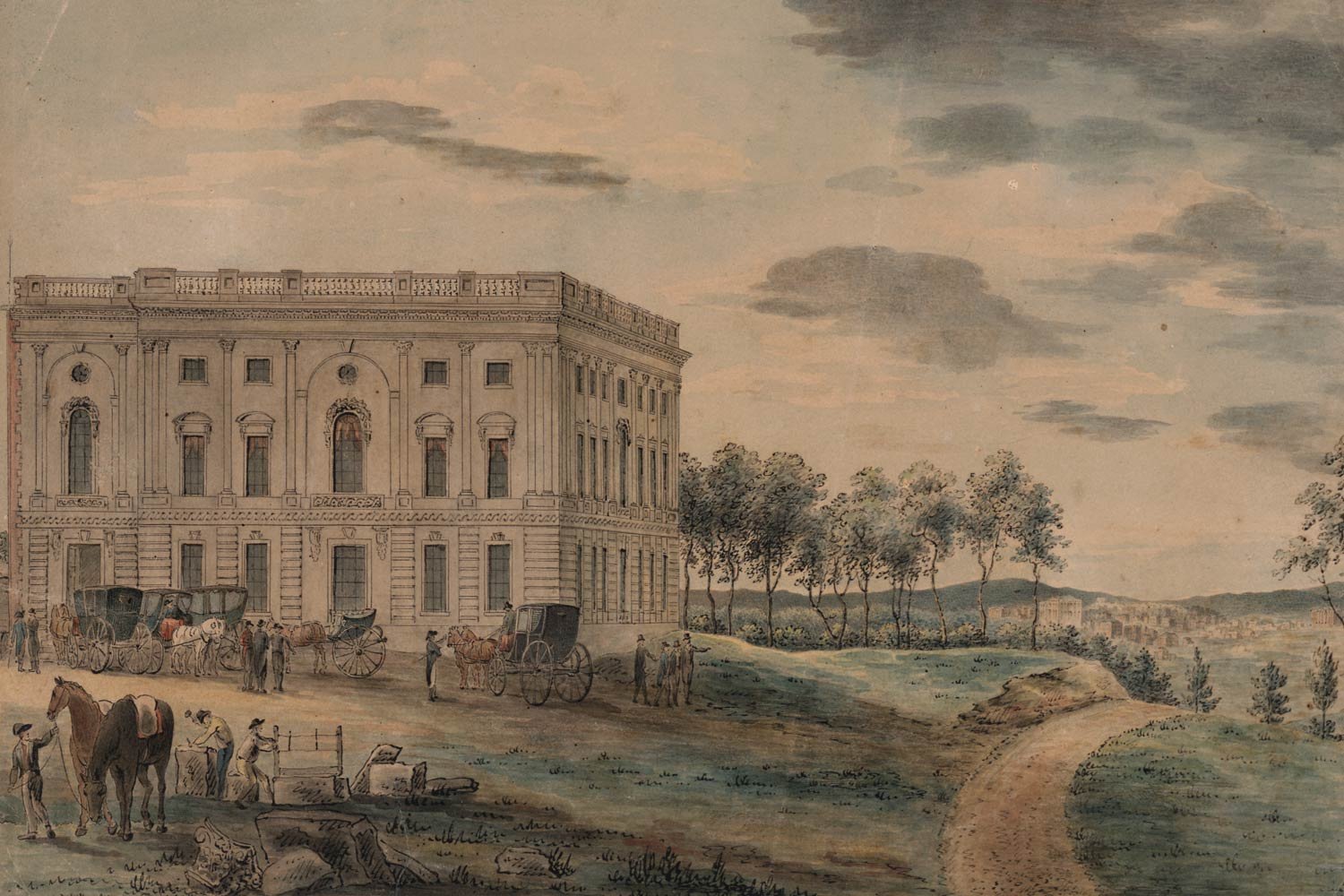
The House of Representatives Chooses Thomas Jefferson
The presidential election of 1800 ended in a tie, as the two Democratic-Republican candidates, Thomas Jefferson and Aaron Burr, each received 73 electoral votes under the original guidelines of the Constitution.
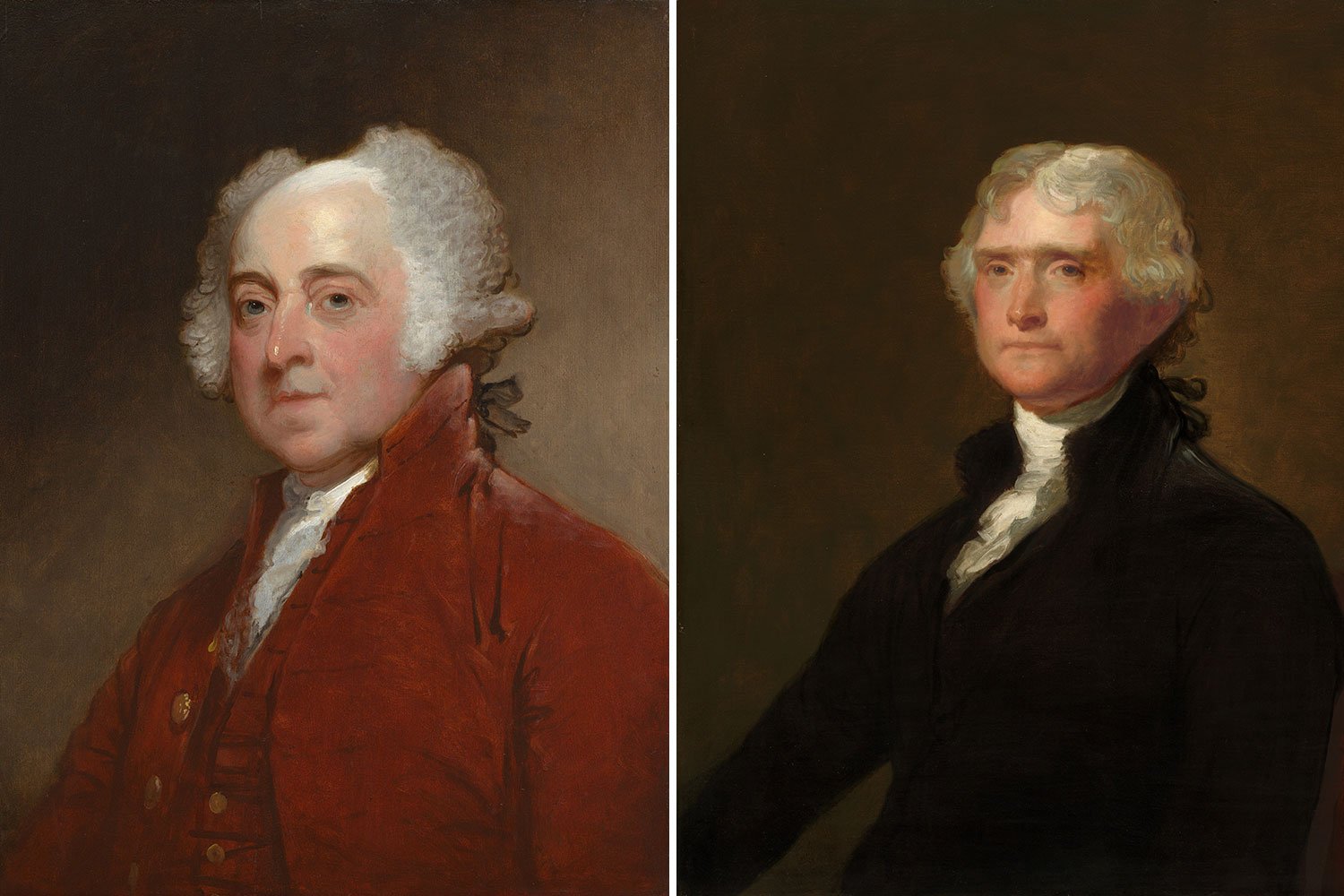
The Election of 1800
The Presidential election of 1800 was one of the most controversial and consequential in the history of the United States. It represented a true changing of the guard as the Federalist party of Washington, Hamilton, and Adams gave way to the Democratic-Republican ideals of Jefferson and Madison and took the United States in a different direction for a generation to come.
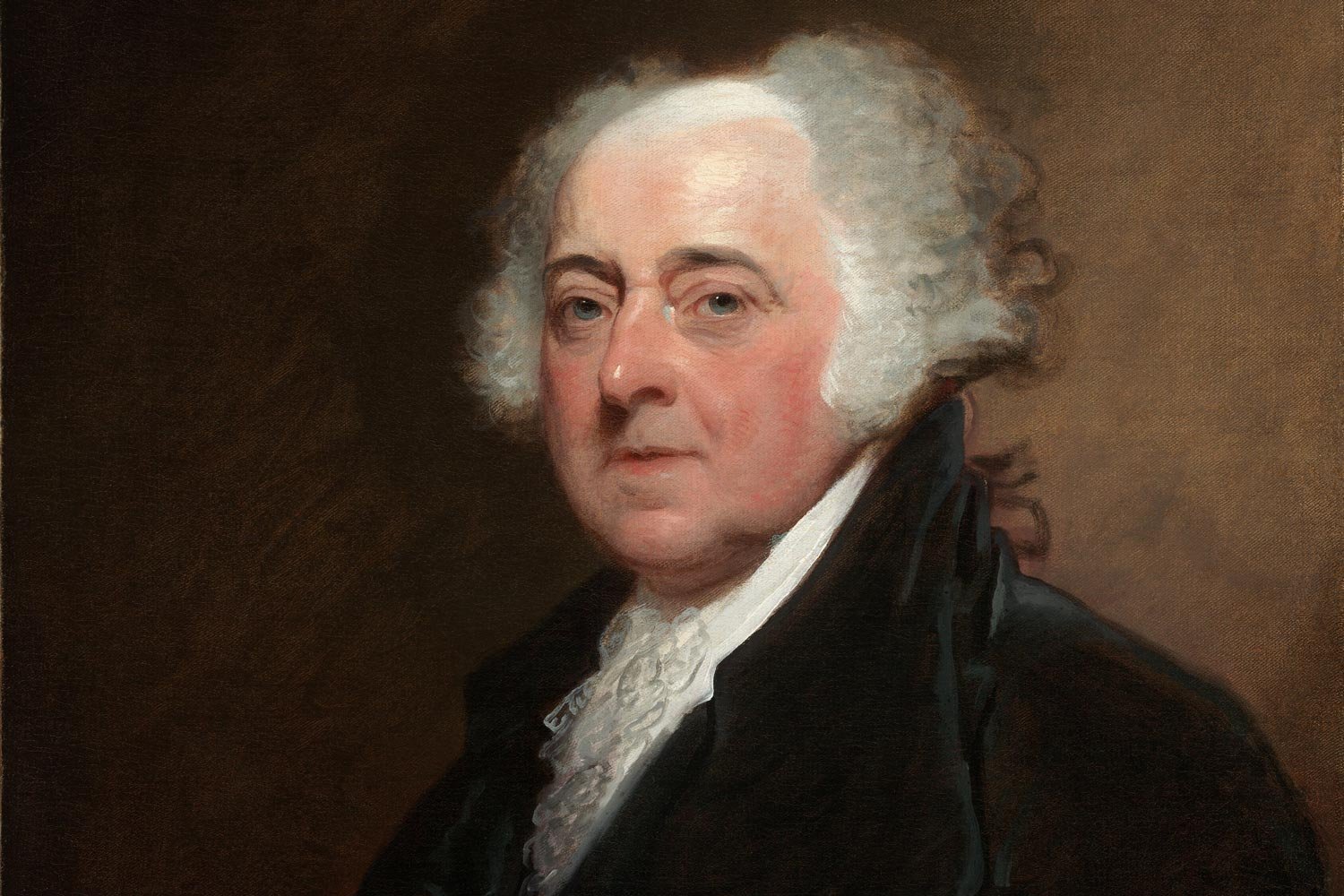
The Legacy of John Adams
John Adams’s loss to Thomas Jefferson in the presidential election of 1800 was a great disappointment for Adams as he felt he deserved another term based on his accomplishments during his four years as President. But Adams accepted the verdict of the Electoral College and looked forward to the next phase of his life.
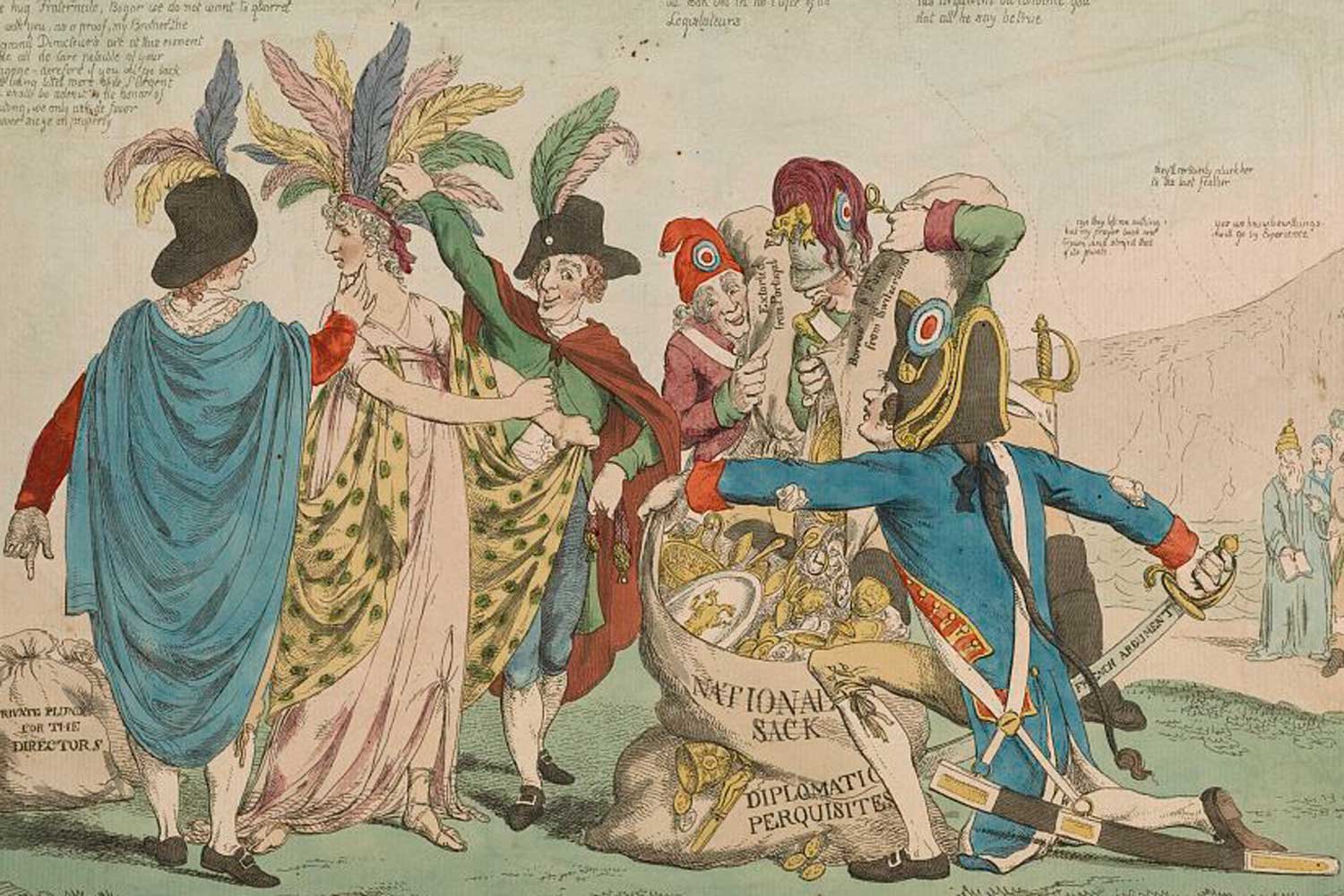
The XYZ Affair
On March 4, 1797, John Adams was sworn in as the second president of the United States and began a four-year stretch that would be dominated by a deteriorating relationship with France. Adams would also see a decrease in support from his own Federalist Party as the supremely conscientious Adams pursued policies that he deemed best for the country, but not necessarily best for the party or his popularity.
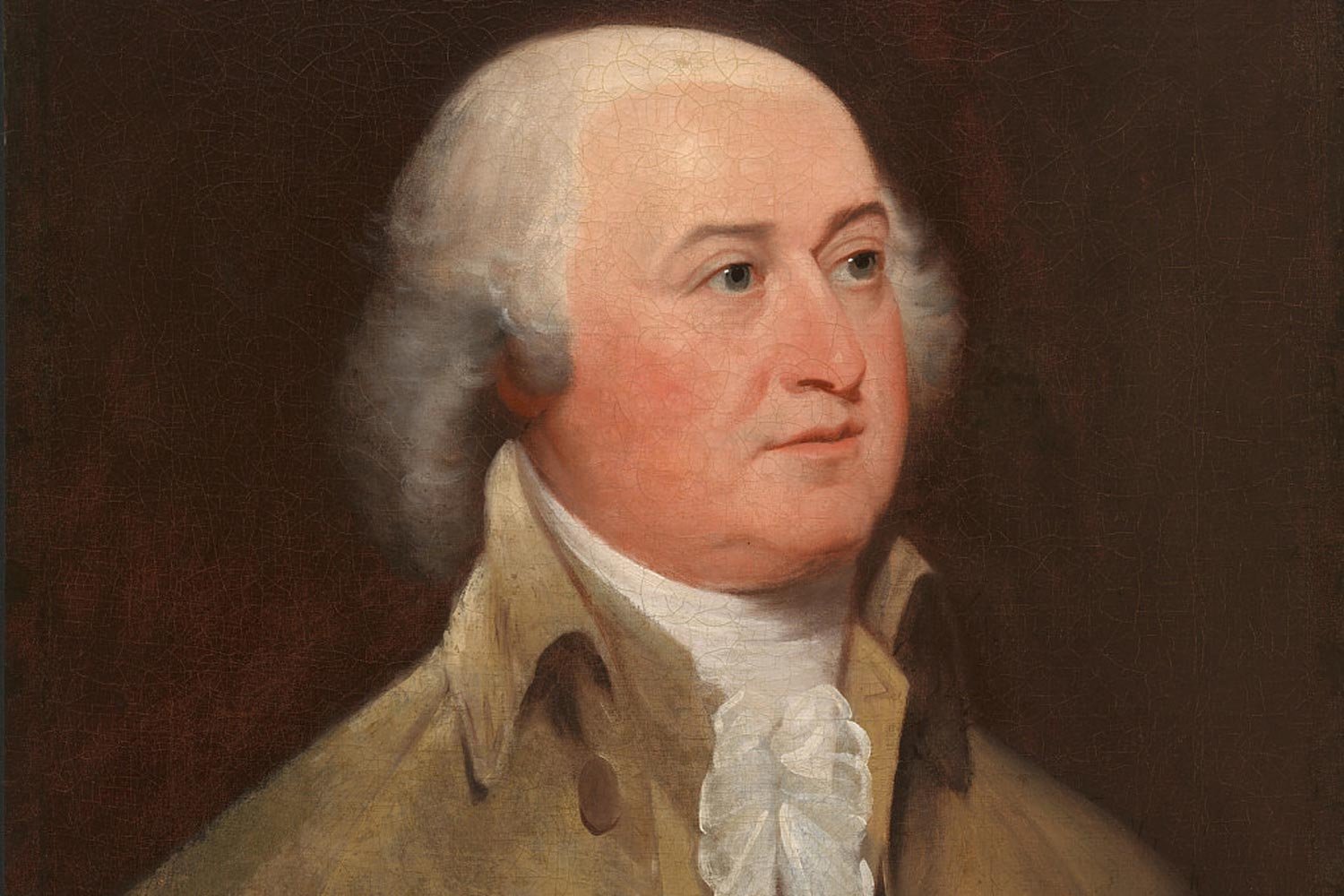
The Rise of John Adams
John Adams was one of America’s greatest patriots from the Founding generation. From gaining unanimous agreement from state delegations to the Declaration of Independence to obtaining favorable terms in the Treaty of Paris, Adams may have contributed more to America gaining her independence than anyone other than George Washington.
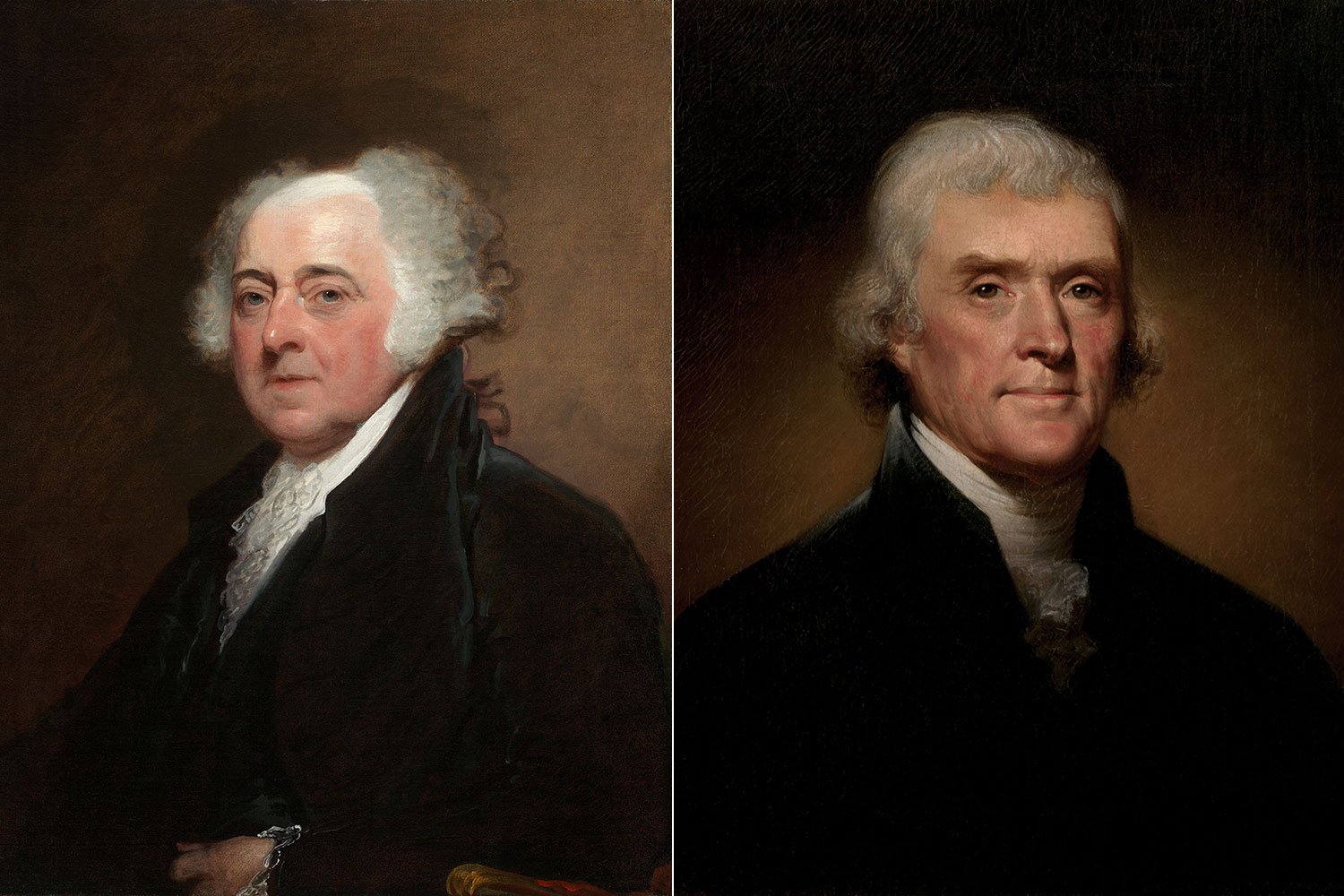
The Election of 1796
After serving two terms as President, George Washington decided to not seek a third and instead retire from public life. His decision led to the country’s first contested presidential election in the fall of 1796, pitting Thomas Jefferson against Vice President John Adams. Arguably, no presidential election in the history of the United States has ever featured a choice between two such American titans.
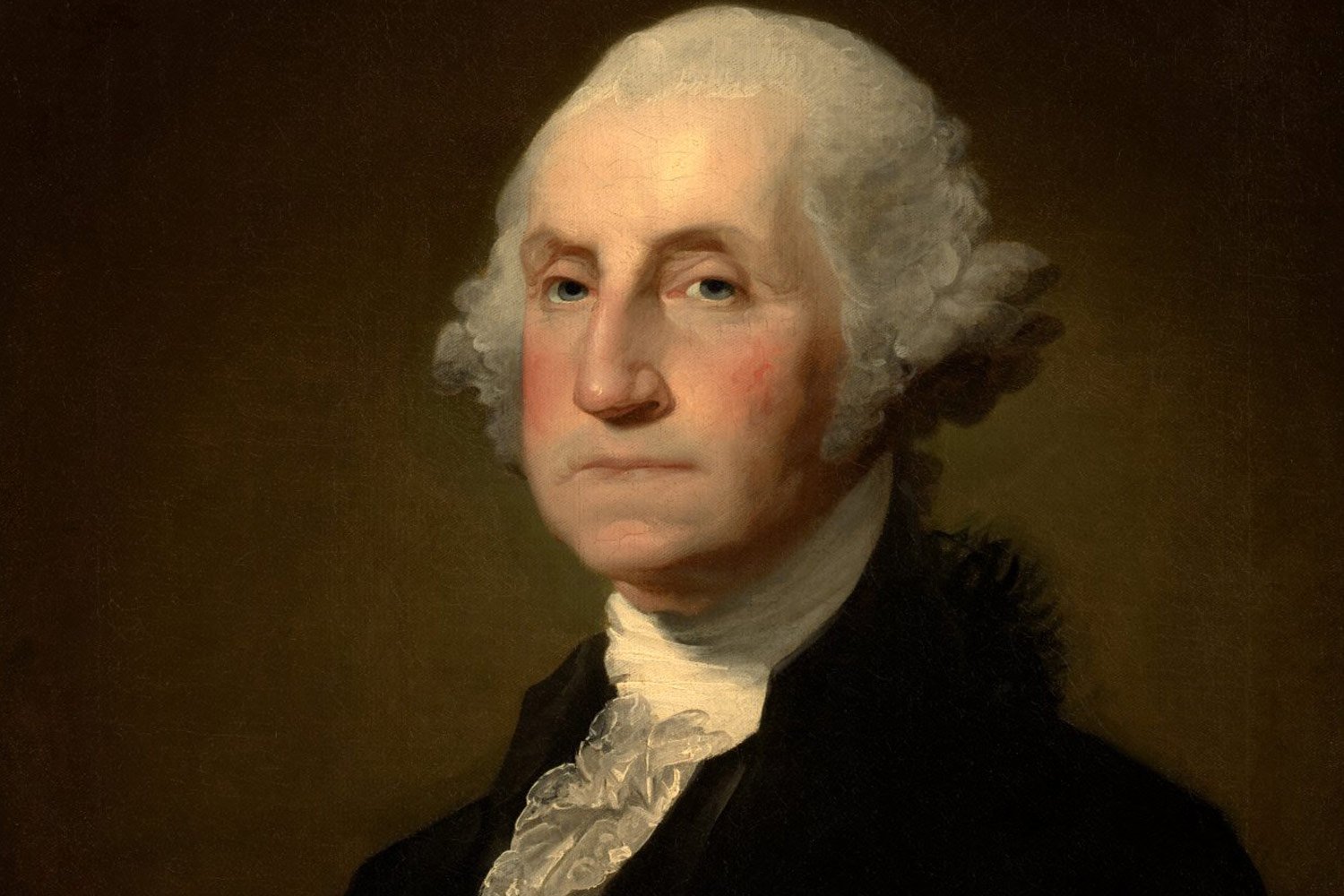
The Legacy of George Washington
No man has had a greater impact on the United States than George Washington. This quintessential American carried the country through eight long years of its Revolution and devoted another eight years getting the new Constitutional government established as its first President. Washington was one of those rare individuals who seemed destined, almost from birth, for greatness, as if the hand of Divine Providence was watching over and protecting him, saving him for greater things.
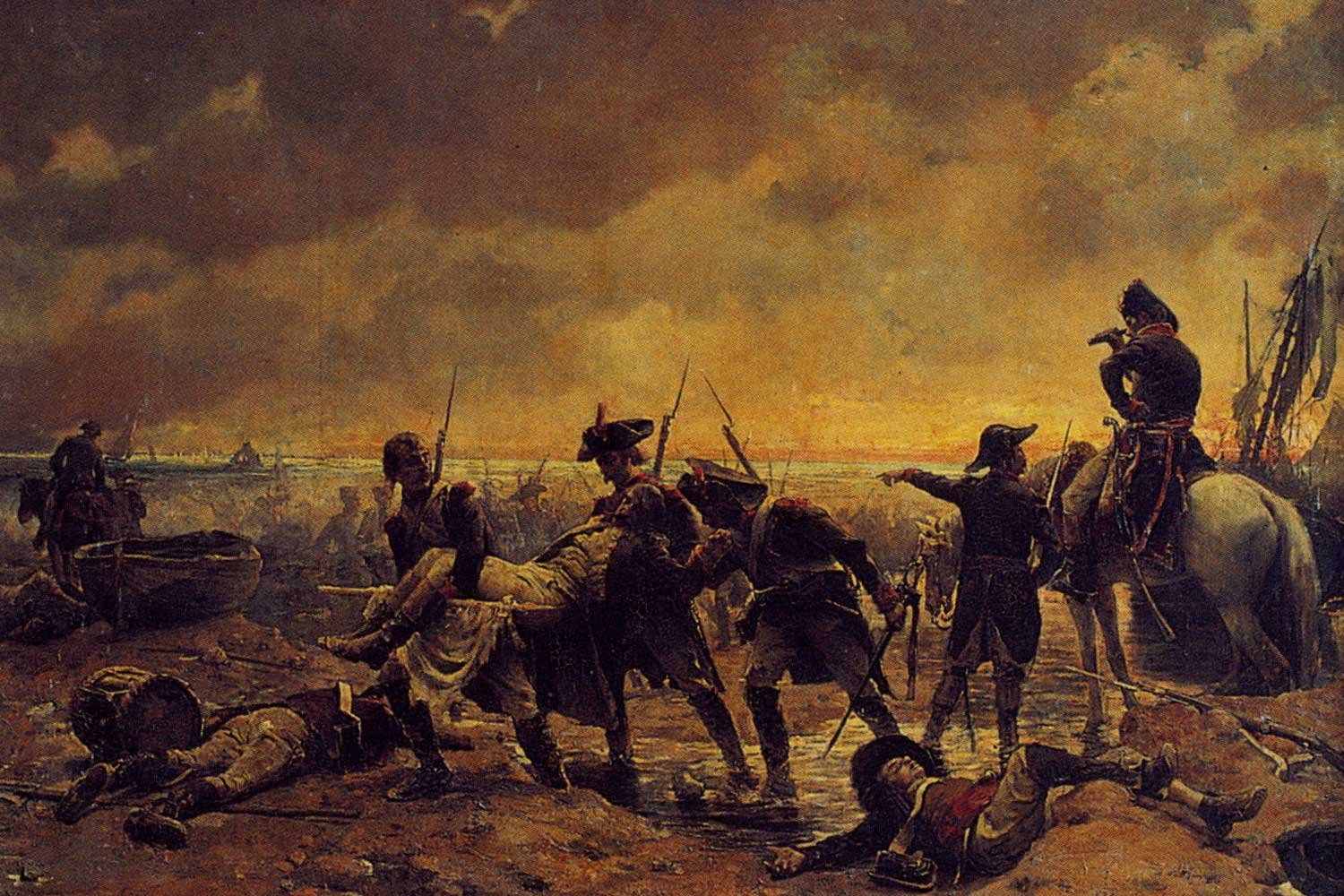
Washington’s Farewell Address – Debt and Foreign Entanglements
In his Farewell Address, President Washington shared his thoughts on several topics, including the need for America to remain fiscally prudent and to avoid permanent foreign alliances that could pull America into a costly war. With the fighting raging again in Europe, this time thanks to Revolutionary France, and with much sentiment favoring the French, Washington felt it necessary to advise a neutral course for the United States.
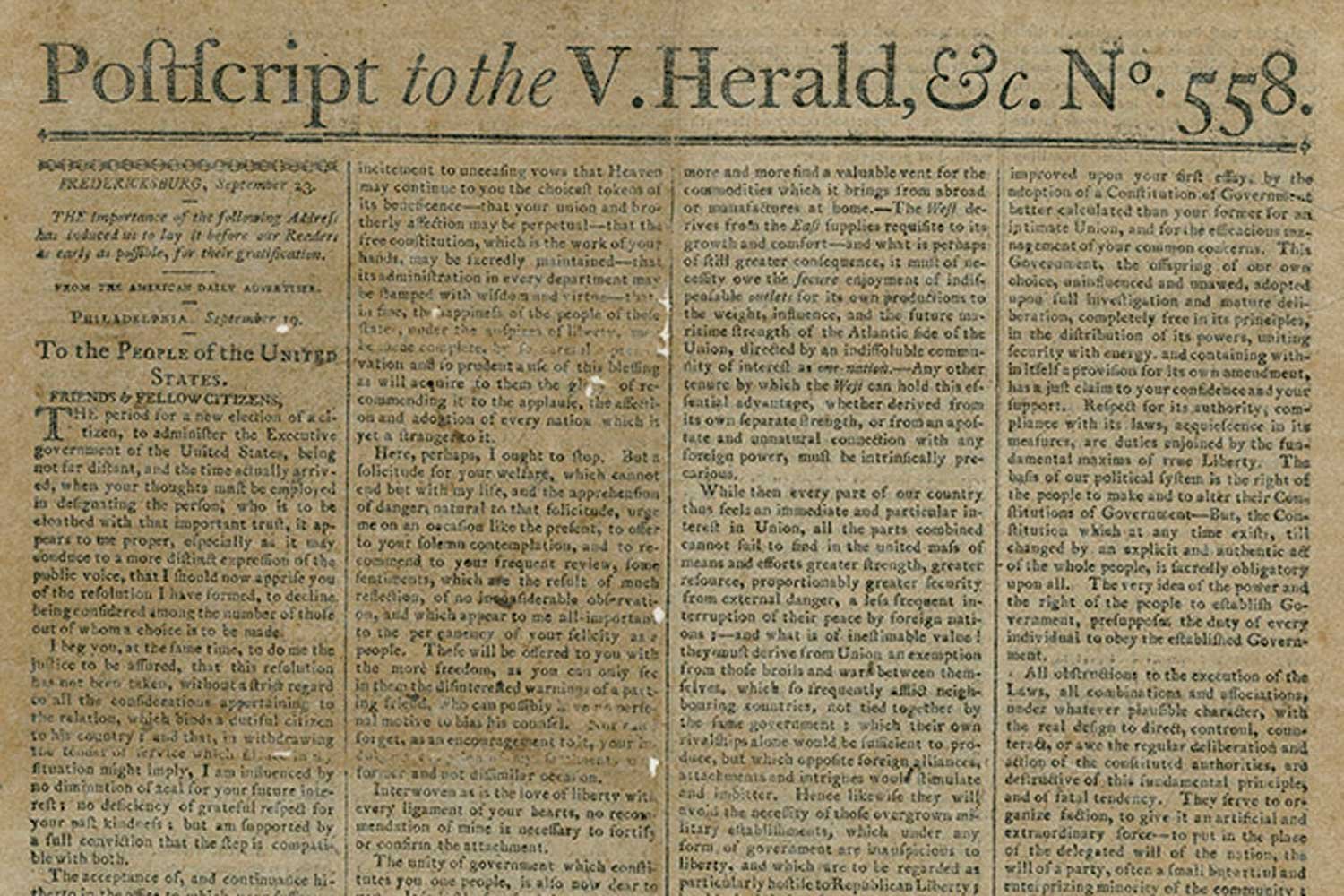
Washington’s Farewell Address – The Need for Unity
In May 1796, President George Washington asked Alexander Hamilton, arguably his most devoted and trusted assistant, to draft a letter informing the country of his intention of retiring from public life and explaining Washington’s reasons for doing so. This American masterpiece was crafted and word smithed by Hamilton, but all the ideas were Washington’s.




